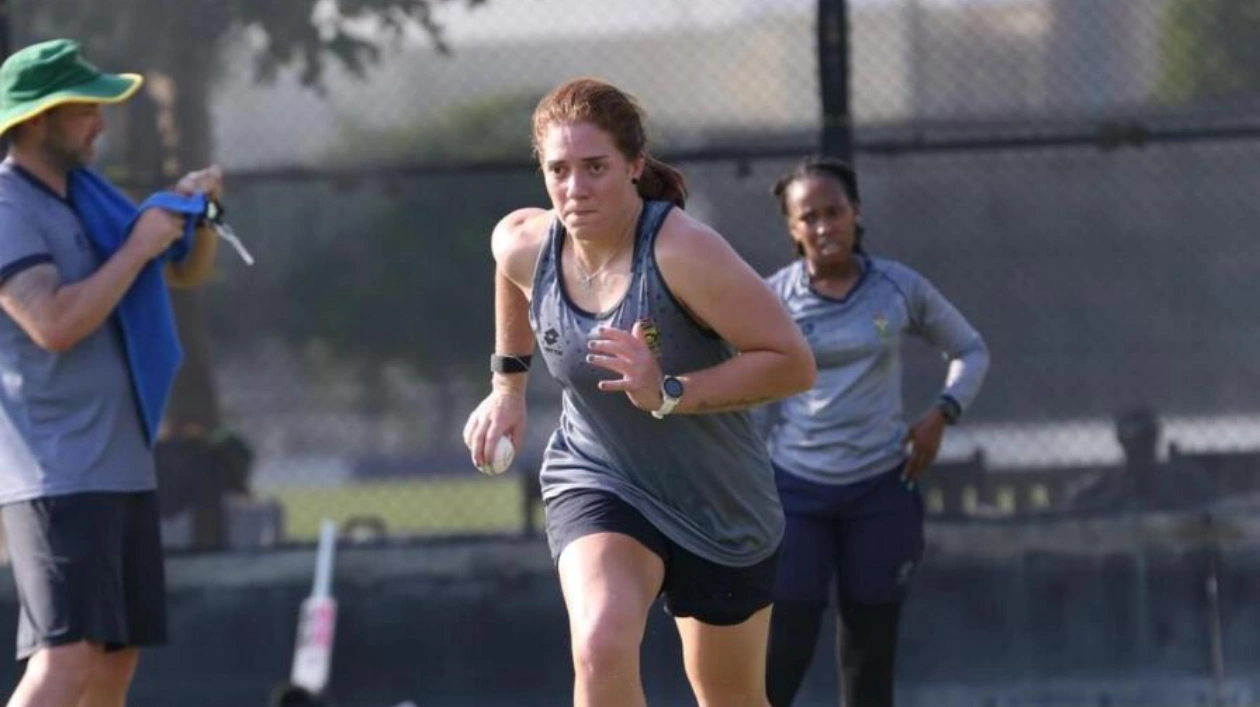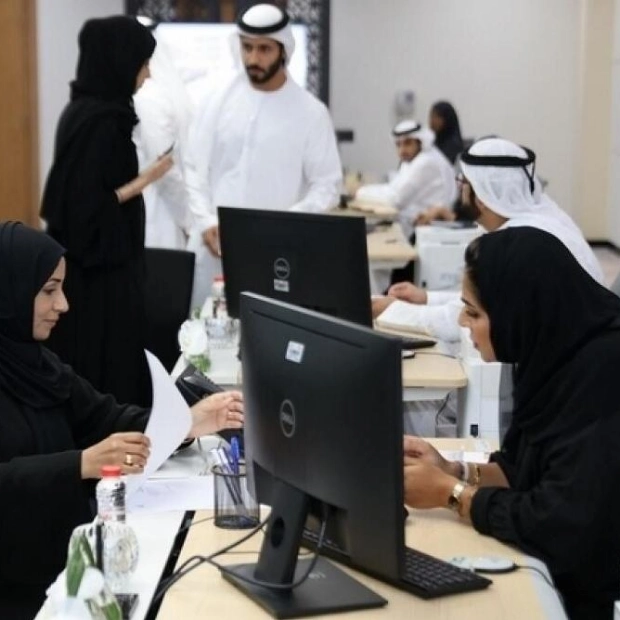Women's cricket has seen significant growth over the past 15 years, and this surge has coincided with the rise of the ICC Women's T20 World Cup. While Australia currently dominates the women's game, there is a sense that the sport is becoming more competitive, with emerging nations challenging the traditional powerhouses. The ICC Women's T20 World Cup has expanded; evident from the fact that only eight teams participated in the inaugural competition in England in 2009. The tournament was held alongside the men's competition, and the performance of the host nation captivated the audience. This reached its peak with over 12,000 spectators attending the final at Lord's, where Charlotte Edwards' team defeated New Zealand by six wickets to claim the first title. This victory brought England women into the spotlight, just as Australia did when they won in 2010 and continued their reign since. Their narrow victory over New Zealand at the Kensington Oval marked the beginning of their era of dominance. Players like Ellyse Perry and Meg Lanning became highly sought after, with teams worldwide vying for their services. Lanning was the top scorer in the 2014 tournament in Bangladesh, the first with 10 teams, as Australia secured their third consecutive title. However, in 2016, the West Indies emerged as a leading nation by defeating Australia at Eden Gardens, marking the first time the women's final was held on the same day as the men's. The Windies' men also triumphed, making the Caribbean double world champions. The holders hosted the event in 2018, with Australia reclaiming the trophy and holding onto it since. The 2020 edition, held in Australia, reached new heights with a record attendance of 86,174 at the MCG, witnessing Australia's victory over India. Due to the Covid-19 pandemic, this tournament became the largest global sporting event for a while, remembered for all the right reasons. Its increased profile led to a prize money of $1 million for the winners, five times more than in 2018. This figure has continued to rise, with the 2024 winners in the UAE set to receive $2.34 million. Nine other countries will challenge Australia when the competition begins on October 3, with star players like Nat Sciver-Brunt (England), Smriti Mandhana (India), and Marizanne Kapp (South Africa) leading the charge.

Text: Lara Palmer
25.09.2024
How the ICC Women's T20 World Cup has transformed the landscape of women's cricket.





